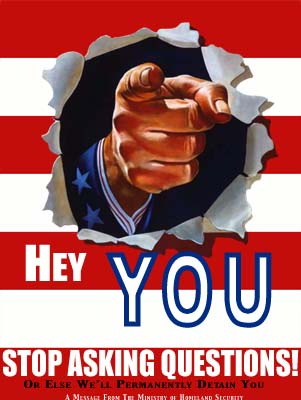
Modern propaganda is distinguished from other forms of communication by its deliberate and intentional use of false or misleading information to sway public opinion. Propaganda often presents facts of one side to encourage a particular message to the public. Nowadays, propaganda is more common in industrial societies. In these environments, people not only may come up with irrational ideas, but they may also seek to persuade others to join their cause. The informational technologies allows industrial propaganda to spread at a rapid pace. Advertisements and commercials are always in sight. Companies know very well on how to manipulate people to buy their products. The aim of modern advertising is to create desires for their manufactured products. For example, there are advertisements featuring famous athletes and musicians eating McDonalds products. It is trying to create a misleading image to consumers about staying healthy from eating McDonalds. In reality, McDonalds are mass produced with the weird and disgusting ingredients. Alcohol manufactures are also a distinct example of how modern propaganda exist. In their commercials, they try to give viewers a deceiving idea about the pleasure and advantages of consuming alcohol. There is certainly nothing fun and entertaining about consuming alcohol. Propaganda is more commonly seen than ever before.


